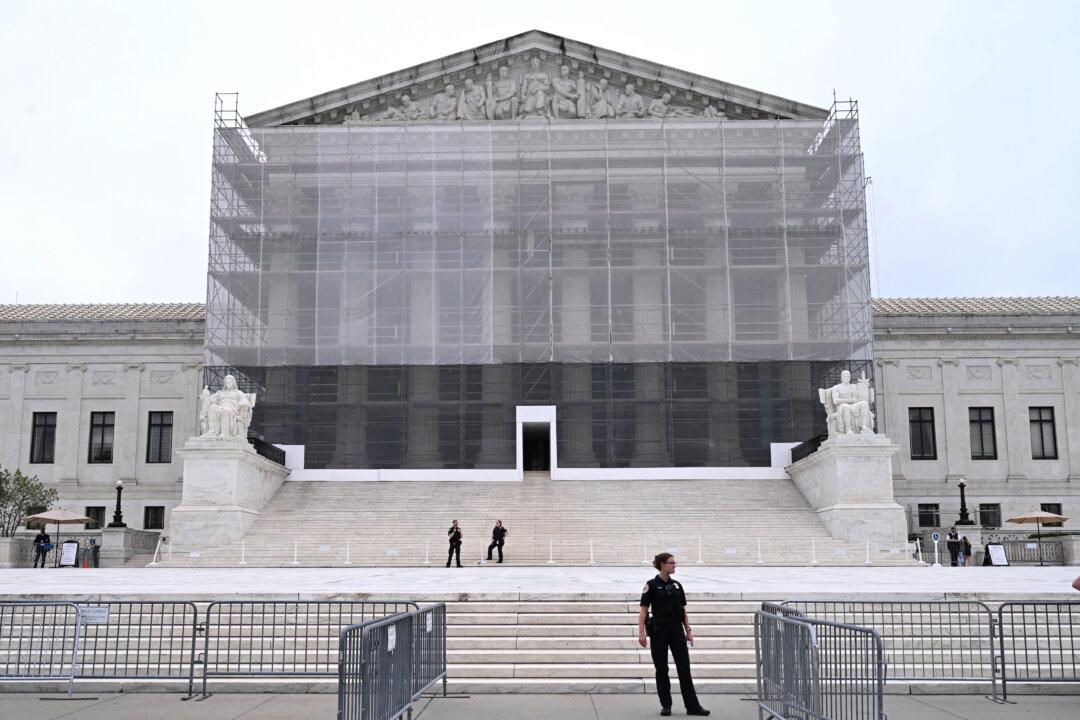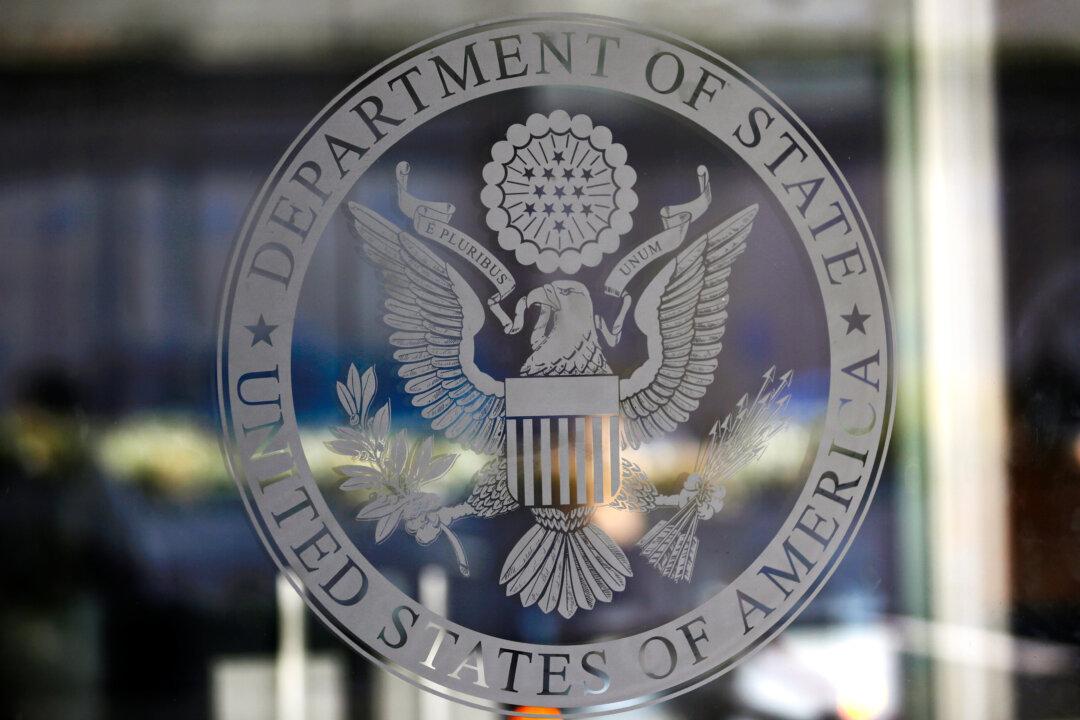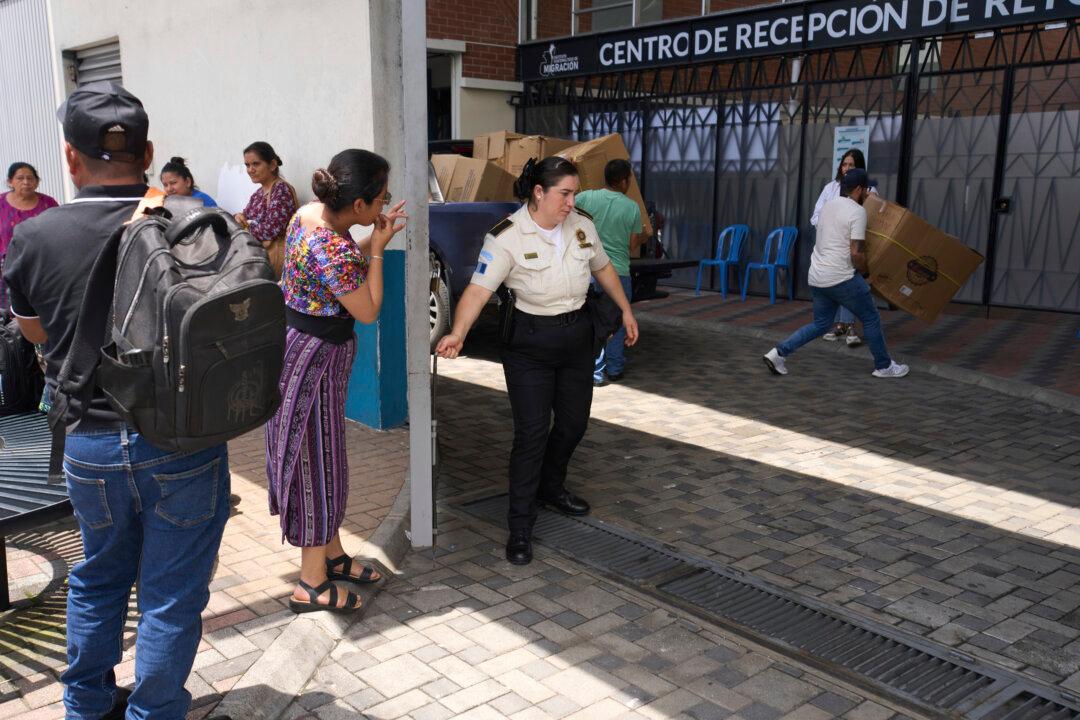The case centers on eight men the Department of Homeland Security (DHS) calls “criminal aliens” who are currently being detained at a U.S. military facility in Djibouti.
The government is temporarily housing the men—who were already in the process of being removed to South Sudan—in Djibouti to comply with an order by Judge Brian Murphy of the U.S. District Court for the District of Massachusetts.
In his June 23 order, Murphy took the position that his previous injunction from April 18 halting the removals remained in effect.
In the Supreme Court’s 6–3 ruling on June 23, three justices—Sonia Sotomayor, Elena Kagan, and Ketanji Brown Jackson—dissented.
Sotomayor wrote at that time that the government has wrongfully deported plaintiffs to South Sudan, “a nation the State Department considers too unsafe for all but its most critical personnel.”
“I voted to deny the Government’s previous stay application in this case, and I continue to believe that this Court should not have stayed the District Court’s April 18 order enjoining the Government from deporting non-citizens to third countries without notice or a meaningful opportunity to be heard.”
“But a majority of this Court saw things differently, and I do not see how a district court can compel compliance with an order that this Court has stayed,” Kagan wrote.
“The United States may not deport noncitizens to a country where they are likely to be tortured or killed,” and both international and domestic law protect that “basic human right,” Sotomayor wrote.
“In this case, the Government seeks to nullify it by deporting noncitizens to potentially dangerous countries without notice or the opportunity to assert a fear of torture,” she wrote.
Sotomayor said the eight noncitizens were “illegally removed” from the United States and are to be handed over to authorities in South Sudan “without regard for the likelihood that they will face torture or death.”







